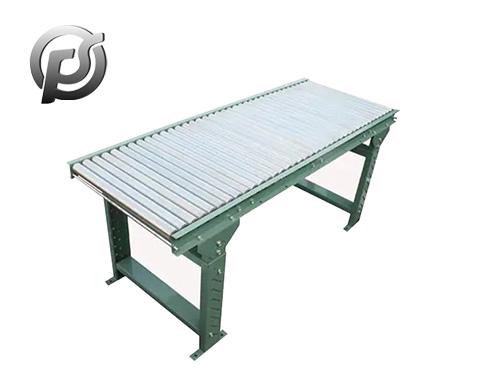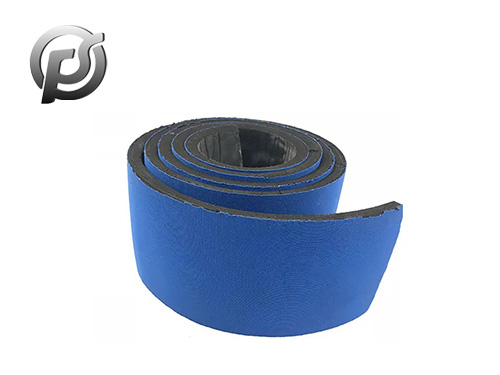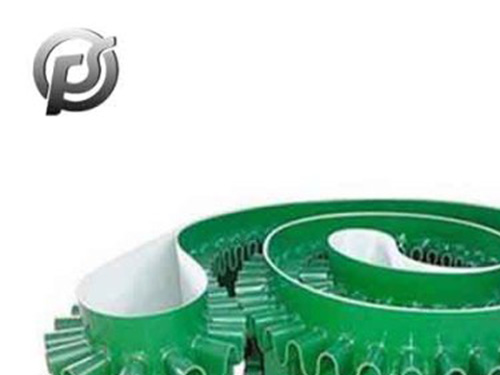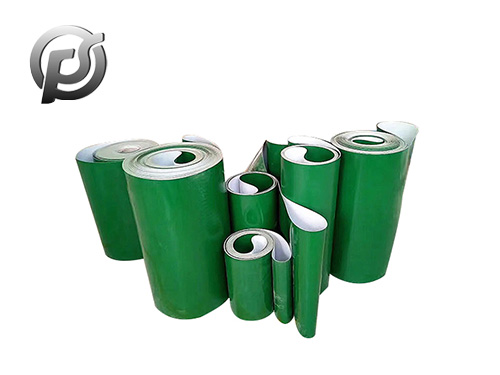Introduction:
In the dynamic landscape of industrial processes,
custom conveyor belts have become indispensable tools, offering tailored solutions to diverse manufacturing needs. From optimizing production efficiency to ensuring the seamless transportation of goods, these customized conveyor systems play a pivotal role in a wide range of industries.
A. Industry-Specific Designs:
One of the key advantages of custom conveyor belts is their adaptability to industry-specific requirements. Manufacturers can collaborate with conveyor belt specialists to design systems that cater to the unique demands of their production processes, whether it be in food processing, automotive assembly, or logistics.
B. Material Selection:
Custom conveyor belts are available in a variety of materials, each chosen for its specific properties. From rubber and PVC to metal and fabric, the selection of materials can be customized based on factors such as load capacity, environmental conditions, and the nature of the transported goods.
II. Enhancing Efficiency and Productivity:
A. Automated Systems:
Custom conveyor belts are integral components of automated production lines, facilitating the efficient movement of materials throughout the manufacturing process. This automation not only reduces labor costs but also enhances overall productivity by minimizing downtime and streamlining workflows.
B. Precision Control:
Custom conveyor systems can be designed with advanced control mechanisms, allowing for precise speed adjustments, synchronization, and product orientation. This level of control ensures that materials are conveyed with accuracy, contributing to the quality and consistency of the final product.
III. Addressing Specialized Challenges:
A. Harsh Environments:
Industries operating in harsh environments, such as those dealing with extreme temperatures, chemicals, or heavy loads, benefit from custom conveyor belts designed to withstand these challenges. Specialized coatings, materials, and components can be incorporated to ensure longevity and reliability.
B. Space Constraints:
In facilities with limited space, custom conveyor belts can be engineered to maximize efficiency within confined areas. Compact designs, vertical conveyors, and innovative layouts contribute to optimizing space utilization while maintaining operational effectiveness.
IV. Maintenance and Longevity:
A. Predictive Maintenance Features:
Custom conveyor belts can be equipped with predictive maintenance features, such as sensors and monitoring systems. This proactive approach allows for the early detection of potential issues, minimizing unplanned downtime and extending the lifespan of the conveyor system.
B. Easy Replacement and Upgrades:
Custom conveyor systems are designed with modularity in mind, making it easier to replace worn-out components or upgrade specific features. This adaptability ensures that the conveyor system can evolve along with changing production requirements and technological advancements.
Conclusion:
In conclusion, custom conveyor belts stand as versatile and indispensable tools in modern industries. Their ability to adapt to specific needs, enhance efficiency, and address unique challenges underscores their importance in the ever-evolving landscape of manufacturing. As industries continue to evolve, custom conveyor belts will remain at the forefront of innovation, driving progress and ensuring the seamless flow of materials in diverse production environments.

 PE Conveyor Belts: Characteristics, Applications, and Advantages
PE Conveyor Belts: Characteristics, Applications, and Advantages
 Stone Conveyor Belt: Enhancing Efficiency and Productivity in Material Handling
Stone Conveyor Belt: Enhancing Efficiency and Productivity in Material Handling
 Optimizing Operations with PE Conveyor Belts: Durability, Efficiency, and Versatility
Optimizing Operations with PE Conveyor Belts: Durability, Efficiency, and Versatility